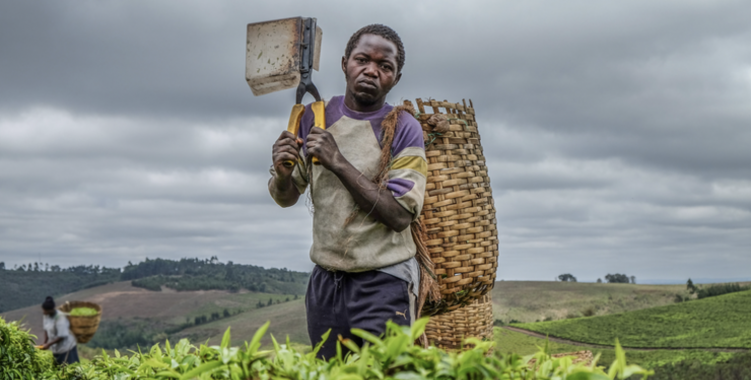The Council of Ministers analyzed the Draft Presidential Legislative Decree that approves the Customs Tariff of Import and Export Duties, to update this instrument and conform it with the seventh revision of the Harmonized System Nomenclature.
According to the final communiqué of the meeting, held under the guidance of President João Lourenço, the Government will submit to the National Assembly a bill to authorize the holder of executive power to legislate on the customs tariff for import and export duties.
Speaking to the press at the end of the meeting, the Minister of Finance, Vera Daves de Sousa, said that the two documents are important and aim to update the country's customs tariff for import and export duties.
According to Vera Daves de Sousa, this proposed change results from the need to align the agenda with the country's current macroeconomic context, promote national production, increase food security levels and contribute to economic development and growth.
The minister stressed that the proposed change resulted from a long and broad consultation process, with different ministerial departments, with emphasis on the Ministry of Industry and Commerce, Ministry of Economy and Planning, Ministry of Agriculture and Forestry and the Ministry of Fisheries and Marine Resources, also extending to the private sector and trade associations.
The head of the Finance portfolio stressed that the main objective is to boost national production, highlighting that 5953 tariff lines are on the agenda, organized into four intervention groups.
The official said that the first refers to agricultural inputs and raw materials for the productive sector, which, as they contribute to the formation of the local production value chain, are exempt from paying import duties.
For the second group, said Vera Daves de Sousa, there are intermediate products of goods and equipment, for which a reduction in rates of between 12 and 10 percent is proposed, depending on their characteristics.
A third group, of everyday consumer goods, which also depends on their characteristics, and as a result of the broad consultation process, proposes a reduction in rates between 10 and 30 percent.
"And then sensitive products, which affect health, which affect the environment, we are proposing rates between 40 percent and 60 percent", indicated the minister.
Vera Daves de Sousa highlighted that a set of measures was also proposed "that complement this rationale", such as the granting of tax benefits of a customs nature on an automatic and immediate basis, stressing that the proposed rates must comply with the principle of non-retroactivity.







